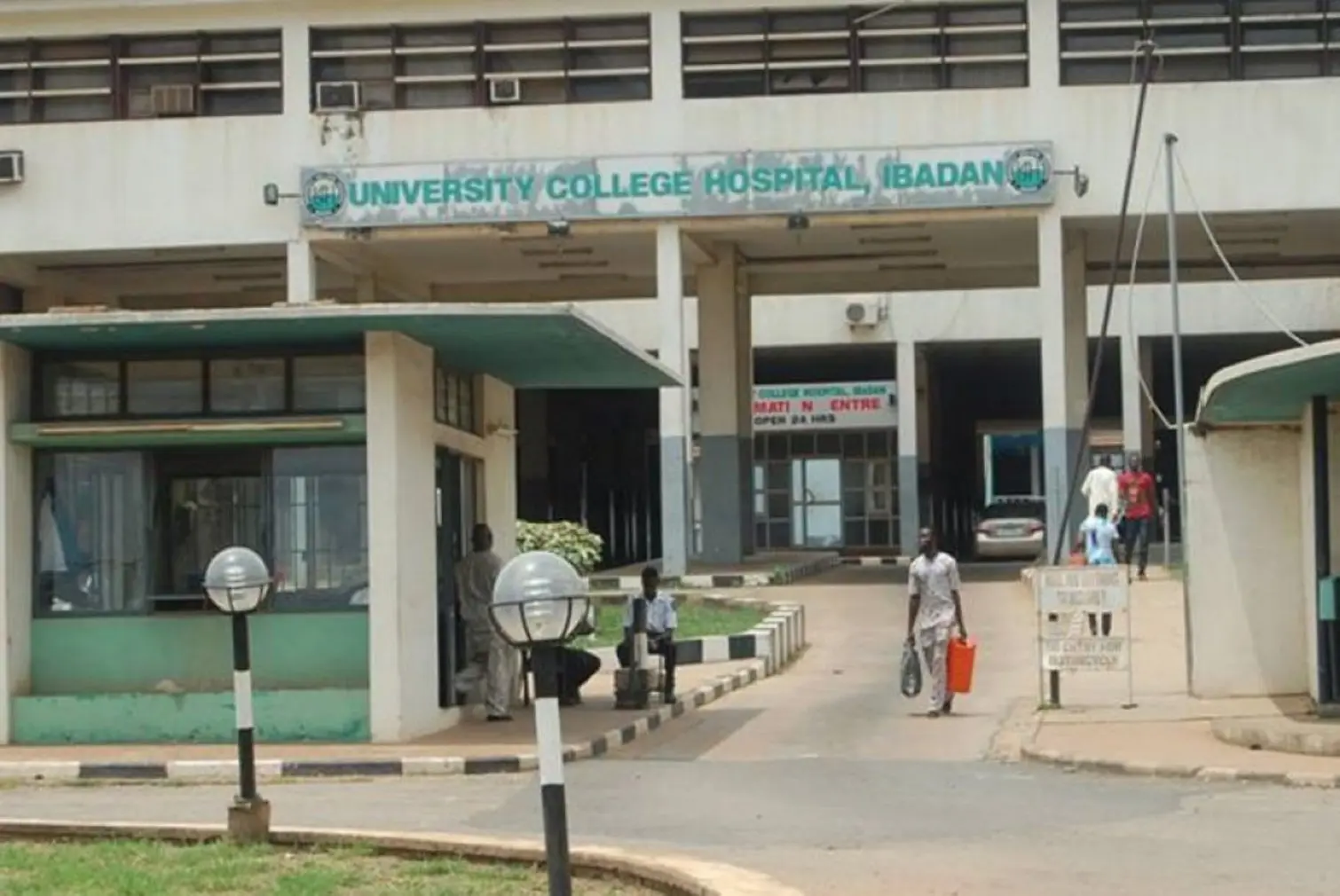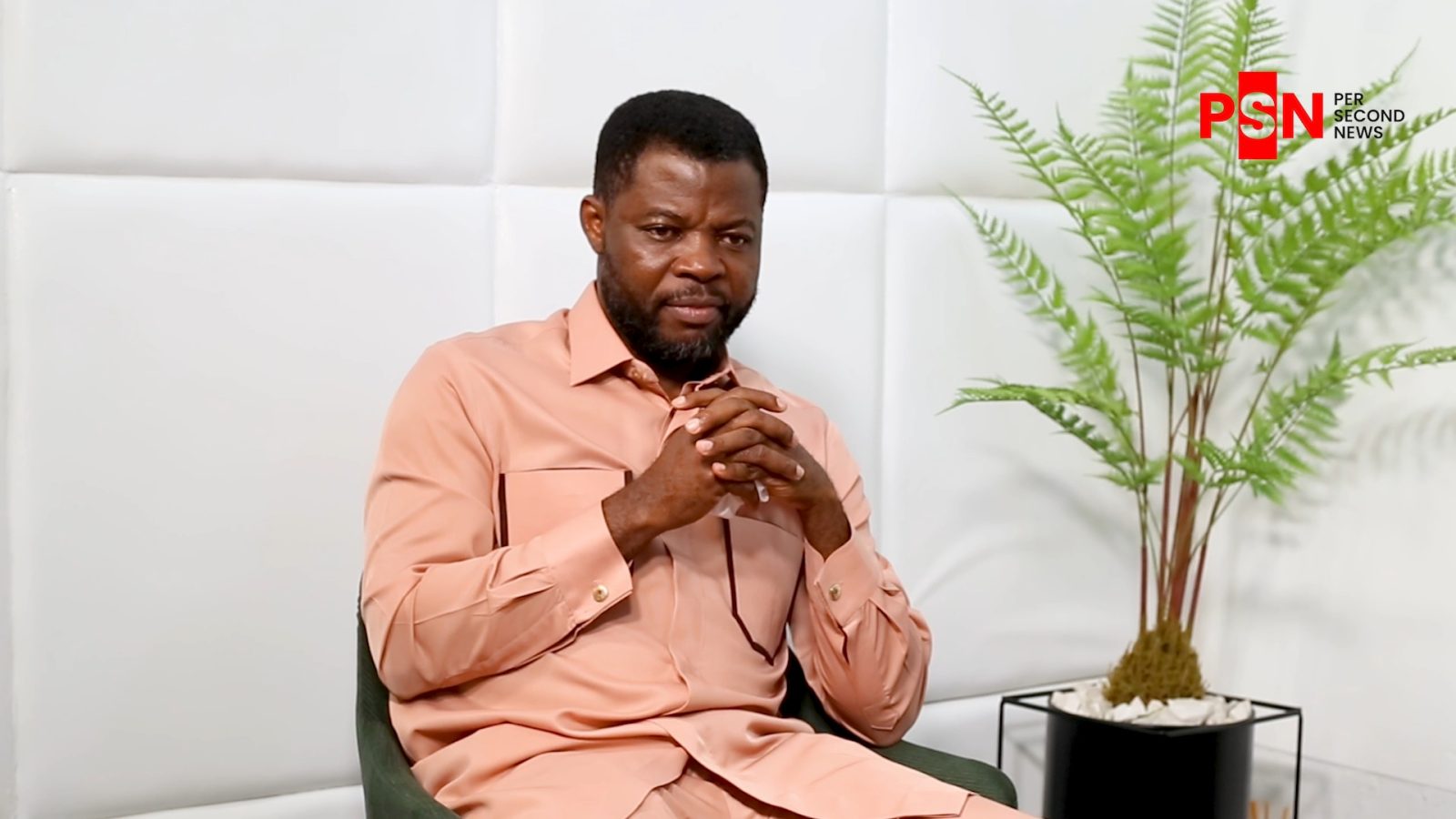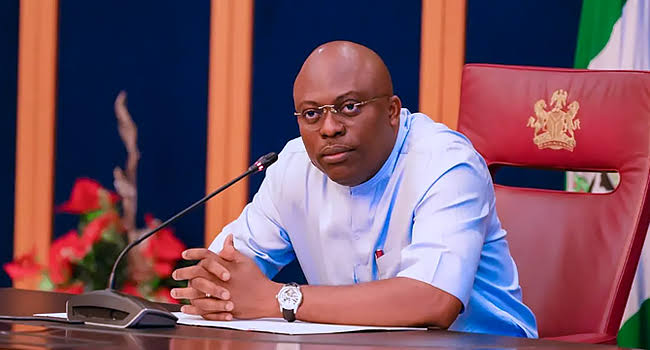The premier world-class University Teaching Hospital (UCH), Ibadan, Oyo State, is on the brink of paralysis, no thanks to the over 100 days of power cut by the Ibadan Electricity Distribution Company (IBEDC) over debts.
Persecondnews recalls that the company had on October 26, 2024, disconnected the facility over a staggering debt of N495 million.
Interventions by the management which provided mini power generators, inverters, rechargeable lamps, and solar-powered fans have not been effective.
The power crisis facing g the hospital became complicated following the categorisation of the tertiary institution into Band A electricity tariff structure by IBEDC which requires it to pay N80 million monthly.
In the wake of outrage by universities and other tertiary institutions across the country about the huge electricity tariff, the federal government approved a 50 per cent subsidy on electricity for public hospitals in September 2024.
However, Persecondnews could not confirm its actual implementation.
Currently, patients and caregivers have introduced self-help measures with the greater part of the facility still in chaotic situation particularly at night.
As a result of this situation, huge number of patients and their relations has declined.
The Chairman of the Joint Health Sector Unions (JOHESU) at UCH, Mr Oladayo Olabampe, had confirmed that the hospital commits about N80 million monthly to electricity bills which could not be sustained for what he called the hospital’s worsening financial situation.
He blamed the hospital’s inability to sustain the payment on the disconnection of supply since October 26, 2024.
Visits to the wards, departments and units revealed a grim situation with relatives and some patients on the corridors and outside for fresh air.
A caregiver and relation of a patient, said people are now scared of seeking medical care at UCH because of deteriorating situation.
“UCH has become the ghost of its former self. Nobody wants to come to the hospital again,” she said.
Recounting her experience, a patient said: “To get some tests done now, the hospital can put on a generating set for like 30 minutes and then switch it off. Sometimes, we would be asked to go outside the hospital premises to get our tests done. We were asked to go to Mokola for a urine test which ought not to be.
“The situation has never been this bad because I once put to bed here, and there was always power supply then. So, why all this?” A doctor in the institution told The Guardian that the power supply had gone off for several weeks.
“The staff in my department are contributing money to buy fuel for the generator. We have been rationing the supply just to get by.”
A technician, said: “The hospital makes use of generating sets in some sections that are critical. For instance, they switch on the generators on Mondays, Wednesdays and Fridays from morning to night for the first, second and fourth floors.
“These are the areas where we have theatres. There are inverters at Theatre One and Two and on the second floor.
“Most of the wards have solar power for light only. Most laboratories make use of inverters and solar power. The Radiology Department, which comprises the X-ray, Ultrasound and CT scan units make use of generating sets. When the generating sets are on, they conduct tests.
“The CMD office and that of CMAC (Chairman, Medical Advisory Committee) have solar power.”
In its reaction, the UCH management said in a statement on Sunday that the claims that patients at the hospital were bringing their own generators to power the wards were untrue.
The Public Relations Officer of the hospital, Funmi Adetuyibi, said the report was a malicious attempt to misrepresent the situation at UCH, pointing out that the claims lacked credibility and were further undermined by the inclusion of images of “low capacity generators”, which the hospital does not operate.
UCH clarified that despite the recent disconnection of electricity by IBEDC, the hospital had taken significant measures to address the power challenge.
“We remain committed to our core services; Clinical Services, Research, and Training,” the management said, adding that they had implemented a phased approach to provide sustainable electricity solutions, including the installation of solar inverters and diesel-powered generators in critical areas such as the wards, accident and emergency, labour wards, and theatres.
The extended blackout has sparked outrage and concern online with users demanding answers and many questioning the state of the nation’s healthcare infrastructure and the government’s ability to provide essential services.
To address the situation, the Oyo State Government’s Feedback and Resolutions account responded on X (formerly Twitter), stating: “Thank you for contacting us. The Oyo State Government is aware of the power supply challenges at the University College Hospital (UCH), Ibadan.
“While the hospital is managed by the federal government, we are working to connect UCH to the State’s Independent Power Plant (IPP) as a medium-term solution.”







































Leave a comment